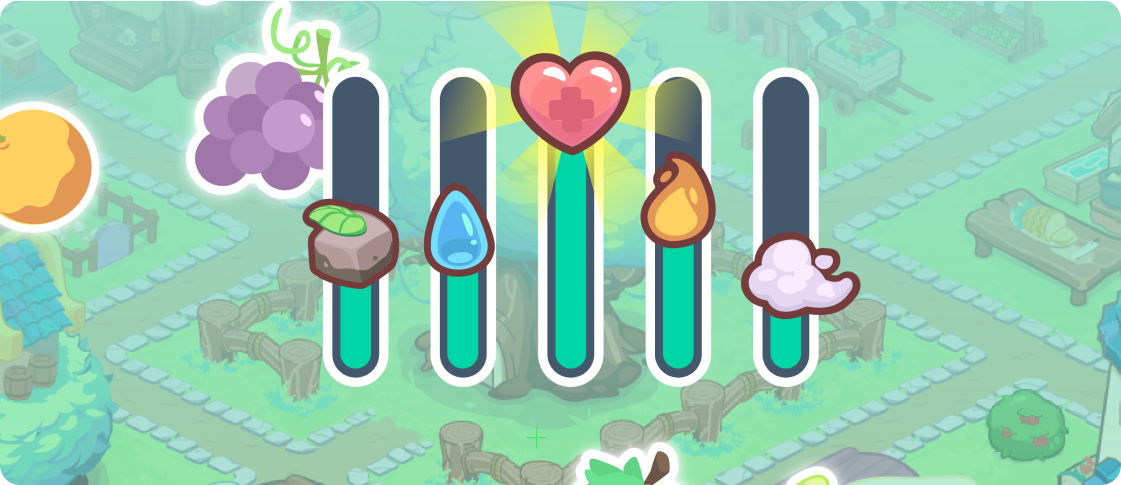
Biodiversity or biological diversity, the diversity of life on Earth, is all the different living things, such as plants, bacteria, animals, and humans. It is vital for the processes that support all life on Earth.
Without the wide range of these living things, we will not have healthy ecosystems. Humans and 855 globally-important species of flora and fauna rely on these ecosystems for the air we breathe, the water we drink, the food we eat, the materials we use, and more.

Less of it means less plants, animals and microorganisms, which are critical for the agricultural industry to sustain crop production needed to feed Filipinos and the global population.

People and communities in the Philippines and across the globe depend on biodiversity to maintain their livelihoods.

Climate change affects biodiversity, which makes conserving the natural terrestrial, freshwater, and marine ecosystems and restoring degraded ecosystems essential for mitigating and providing resilience to climate change.
Ecosystems play a key role in the global carbon cycle. They also provide a wide range of services that are key for human well-being and adapting to climate change.

Ecosystems provide products and services (such as availability of freshwater, food and fuel sources) that are necessary for good human health and productive livelihoods.
On another note, as biodiversity declines, humans face greater risk of zoonotic diseases, e.g. Ebola, Zika, influenza, and HIV/Aids. Degradation of ecosystems fosters the spread of infections by bringing us closer to dangerous pathogens.

Healthy ecosystems provide essential services at the local, regional and global scales, such as food production, water purification, flood protection, and climate-change mitigation. They also provide jobs in agriculture, fisheries, forestry, and many other sectors.